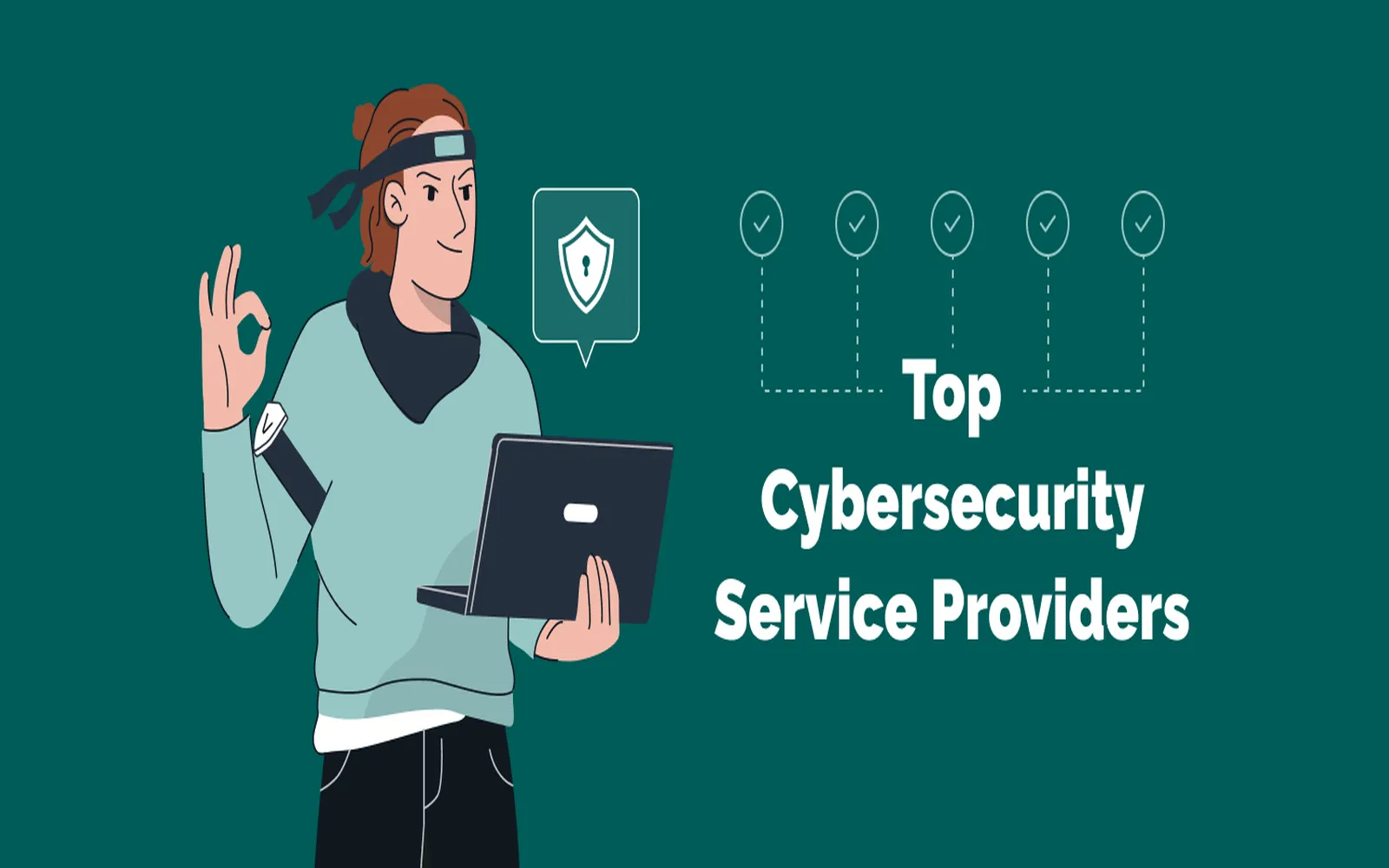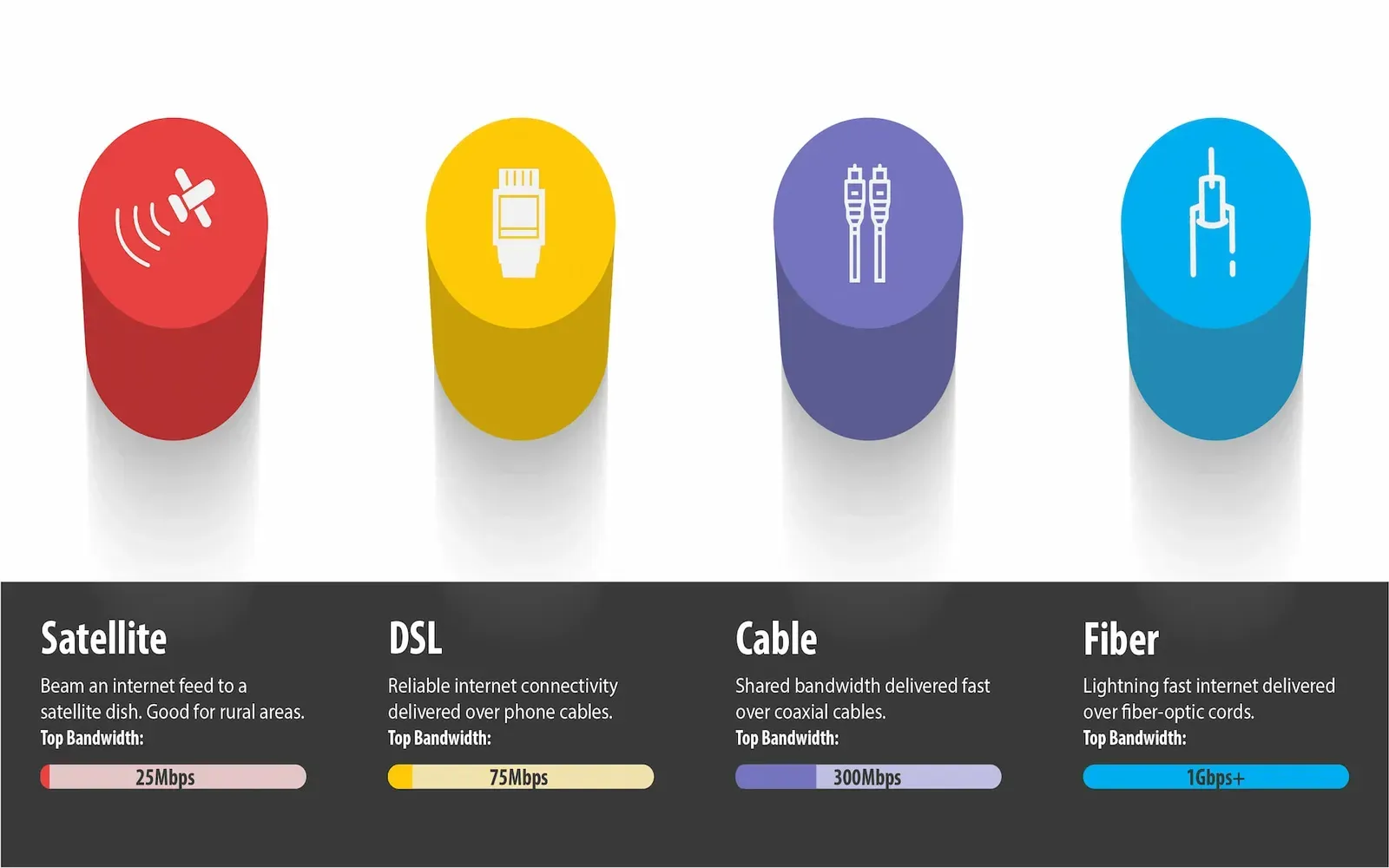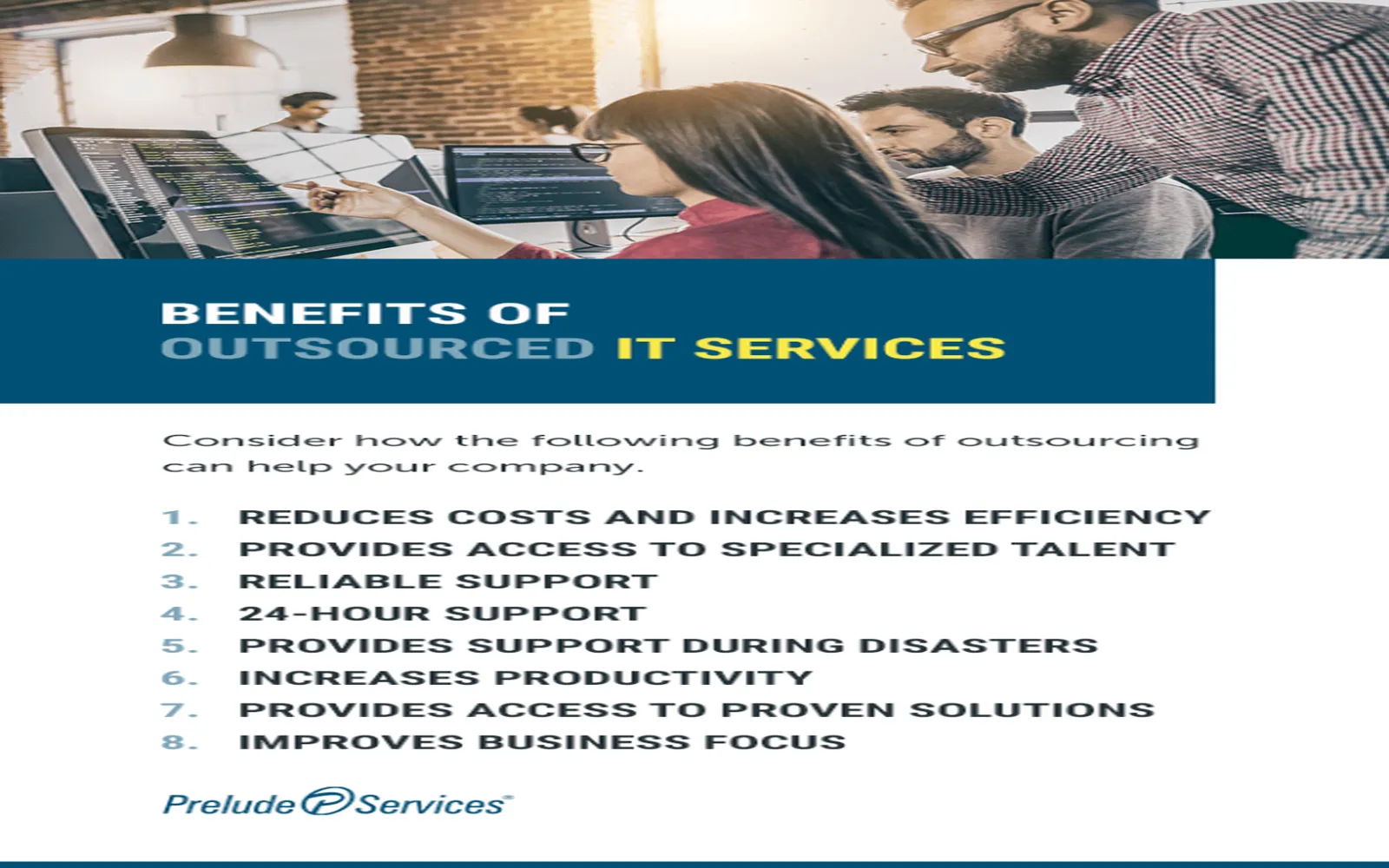Understanding Cybersecurity Support
In today’s digital landscape, cybersecurity support is essential for businesses of all sizes. With increasing threats from cybercriminals, it’s crucial to have a robust system in place to protect sensitive data and ensure business continuity. Cybersecurity services encompass a wide range of solutions, including threat detection, incident response, and compliance management. Choosing the right provider can make a significant difference in safeguarding your business assets.
Key Features to Look for in Cybersecurity Providers
When evaluating potential cybersecurity support providers, consider the following key features:
- 24/7 Monitoring: Continuous surveillance helps detect threats in real-time.
- Incident Response: Quick action to address any security breaches.
- Compliance Knowledge: Expertise in regulations like GDPR and HIPAA.
- Threat Intelligence: Up-to-date knowledge of emerging threats and vulnerabilities.
- Scalability: Solutions that can grow with your business needs.
Top Cybersecurity Support Providers in the U.S.
To help you navigate the crowded market of cybersecurity services, we’ve compiled a list of some of the best providers in the United States. Each provider has its own strengths and specializations, making them suitable for various business needs.
| Provider | Key Features | Ideal For |
|---|---|---|
| McAfee | Threat intelligence, endpoint security, 24/7 support | Small to medium-sized businesses |
| Cisco | Comprehensive network security, cloud solutions, compliance management | Enterprise-level organizations |
| Symantec | Advanced threat protection, data loss prevention, incident response | Healthcare and finance sectors |
| Palo Alto Networks | Next-gen firewalls, cloud security, threat intelligence | Large enterprises and tech companies |
| Check Point | Secure cloud infrastructure, mobile security, compliance | Businesses with remote workforces |
Evaluating Costs and Budgeting for Cybersecurity
Understanding the costs associated with cybersecurity support is crucial for budgeting. Pricing can vary significantly based on the size of your business, the complexity of your network, and the specific services you require. Here are some common pricing models used by cybersecurity providers:
- Subscription-Based: Monthly or annual fees for ongoing support.
- Pay-As-You-Go: Charges based on the services used or incidents handled.
- Flat Fee: A fixed cost for a specific set of services.
When budgeting for cybersecurity, it’s important to consider both direct costs and potential losses from cyber incidents. Investing in a comprehensive cybersecurity solution can save your business from significant financial repercussions in the long run.
The Importance of Employee Training
Even with top-notch cybersecurity support, human error remains one of the leading causes of security breaches. Therefore, it’s essential to invest in employee training programs. These programs should cover:
- Phishing Awareness: Recognizing and avoiding phishing attempts.
- Password Management: Best practices for creating and managing passwords.
- Data Handling Procedures: Proper protocols for handling sensitive information.
By fostering a culture of security awareness, businesses can significantly reduce the risk of cyber incidents.
Conclusion
Selecting the right cybersecurity support provider is a critical decision that can impact your business’s future. By understanding the features of available services, evaluating costs, and investing in employee training, you can create a robust cybersecurity strategy. Make sure to do thorough research and consider your specific business needs when choosing a provider. With the right support, you can protect your business from evolving cyber threats and maintain the trust of your clients.









